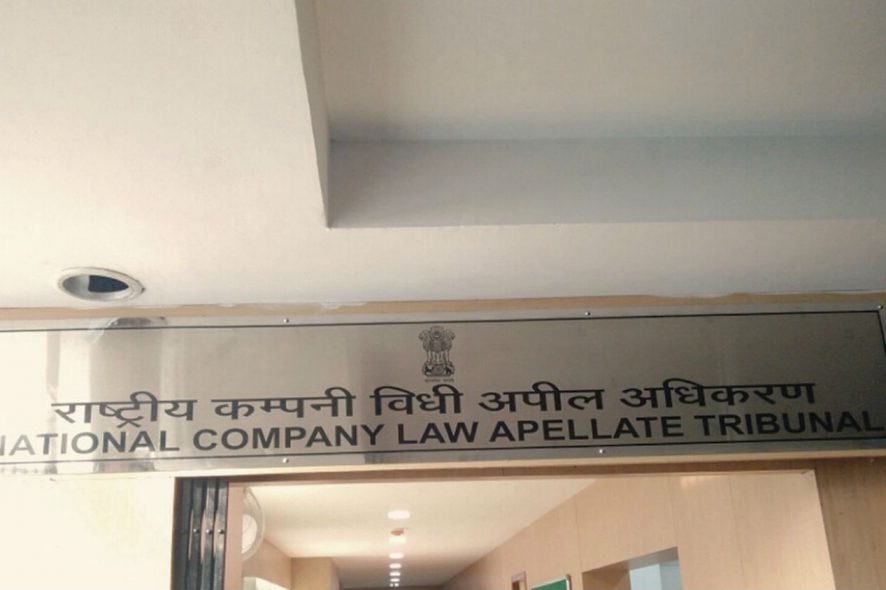National Company Law Appellate Tribunal (NCLAT): The Coram comprising of Justice S.J. Mukhopadhaya, Chairperson and Alok Srivastava, Member (Technical), while deciding an appeal filed against Bank of India, stated that,
“Bank of India once accepted amount is expected to reach a settlement, failing which the question, whether application under Section 7 was filed under malicious intent for recovery and not for resolution will be considered.”
Bank of India (Financial Creditor) had moved an application under Section 7 of the Insolvency and Bankruptcy Code, 2016 that had been admitted by impugned order passed by the National Company Law Tribunal.
Further, it is to be noted that, in the meantime, appellant (Corporate Debtor) tried to reach settlement with Bank of India who had already received a sum of Rs 80,00,000 but was not reaching any settlement.
Adding to the above, it was submitted that the money was accepted by Bank of India during the ‘Corporate Insolvency Resolution Process’, which is otherwise not permissible, on the ground that it wants settlement and then refusing to settle.
It was also stated that the application under Section 7 was filed by Bank of India with malicious intent and not for resolution or liquidation and calls for penal action under Section 65 of IBC.
Appellate Tribunal while posting the case for orders on 12-03-2020, gave a direction that in the meantime, Interim Resolution Professional will not constitute the ‘Committee of Creditors’, if not yet constituted, to enable the parties to reach settlement. Further, the Interim Resolution Professional will also ensure that company remains a going concern and will take assistance from the (suspended) Board of Directors and the officers/directors/employees.
Further, adding to the above, Appellate Tribunal also stated that the bank account of the ‘Corporate Debtor’ be allowed to be operated for the day-to-day functioning of the company. [Akshay Arun Shetty v. Bank of India, 2020 SCC OnLine NCLAT 96, decided on 14-02-2020]


